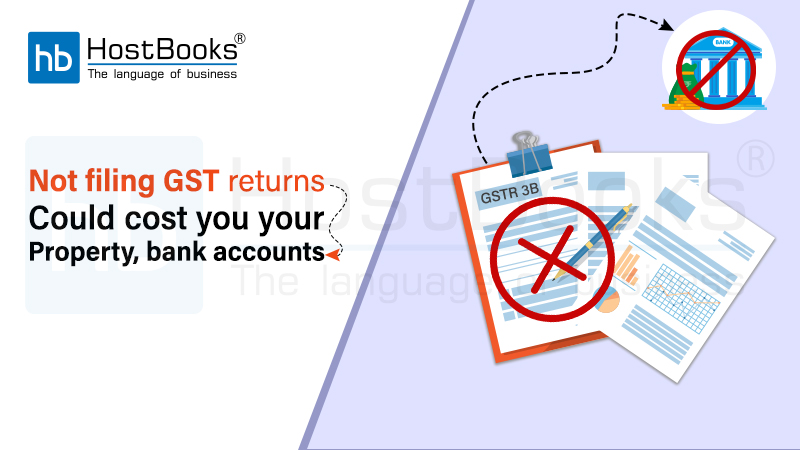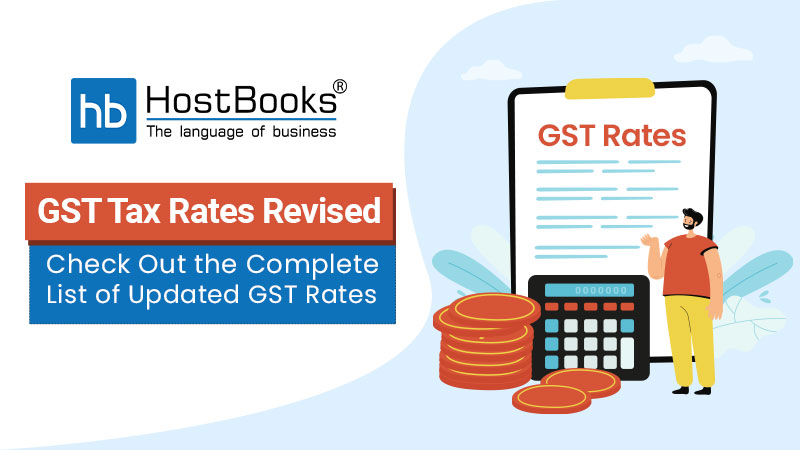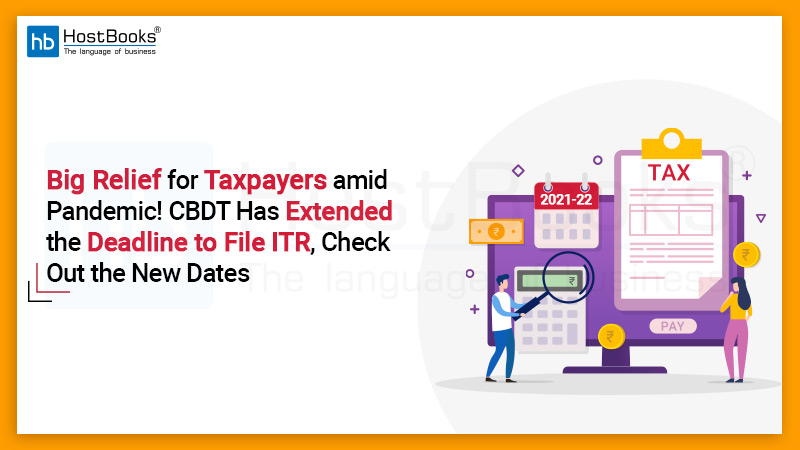
GST Council to form grievance redressal committee for taxpayers
December 26, 2019
Around 250 established export houses denied GST refunds
December 30, 2019Source: Economic Times
In a move aimed at improving compliance, the government has issued a set of instructions to field officers that could cost businesses their assets, as well as their tax registrations if they fail to file their Goods and Services Tax (GST) returns on time. According to the standard operating procedure (SOP) issued by the Union finance ministry, field officers are instructed to provisionally attach assets of registered GST taxpayers, including bank accounts, if in case they think it is needed to protect the revenue interests of central and state tax authorities.
With over 1 Crore GST-registered assesses failing to file returns on time, the attached assets will be resorted to if in case the businesses do not file returns even after a notice being issued to them asking them to file their returns in 15 days. Tax officers will also proceed to assess tax liabilities of the concerned businesses by using all the available information.
Electronic notice to be sent five days after the due date
Top tax officials across the country have been instructed to go tough on defaulters. The “nudge” process will begin three days before the deadline for filing GSTR-3A or the final returns, which are to be filed by the 20th of every month. After the due date, a system-generated message will be sent to all the defaulters asking to file their returns and will be marked to all the authorized signatories of an entity as well as the proprietor of the entity, partners of a firm, directors of companies or the kartas in case of HUFs.
If the entity fails to comply, an electronic notice will be served five days after the due date, giving 15 days to the entity to furnish their returns. If the notice does not elicit any response, tax officials are told to undertake an assessment of the tax liability after factoring all the available data.
The three-page SOP states in part, “For the purpose of assessment of tax liability… the proper officer may take into account the details of outward supplies available in the statement furnished under section 37 (Form GSTR-1), details of supplies auto-populated in FORM GSTR-2A, information available from e-way bills, or any other information available from any other source, including from inspection.”

Try HostBooks
SuperApp Today
Create a free account to get access and start
creating something amazing right now!



















2 Comments
“This article shows how important it is to file your GST returns. It shows how not filing them can actually cost you your property and bank accounts. Reading through it is beneficial and is actually a great read for us or the ones like us who wishes to file GST reruns.
This is really great article and very informative, thanks for sharing.